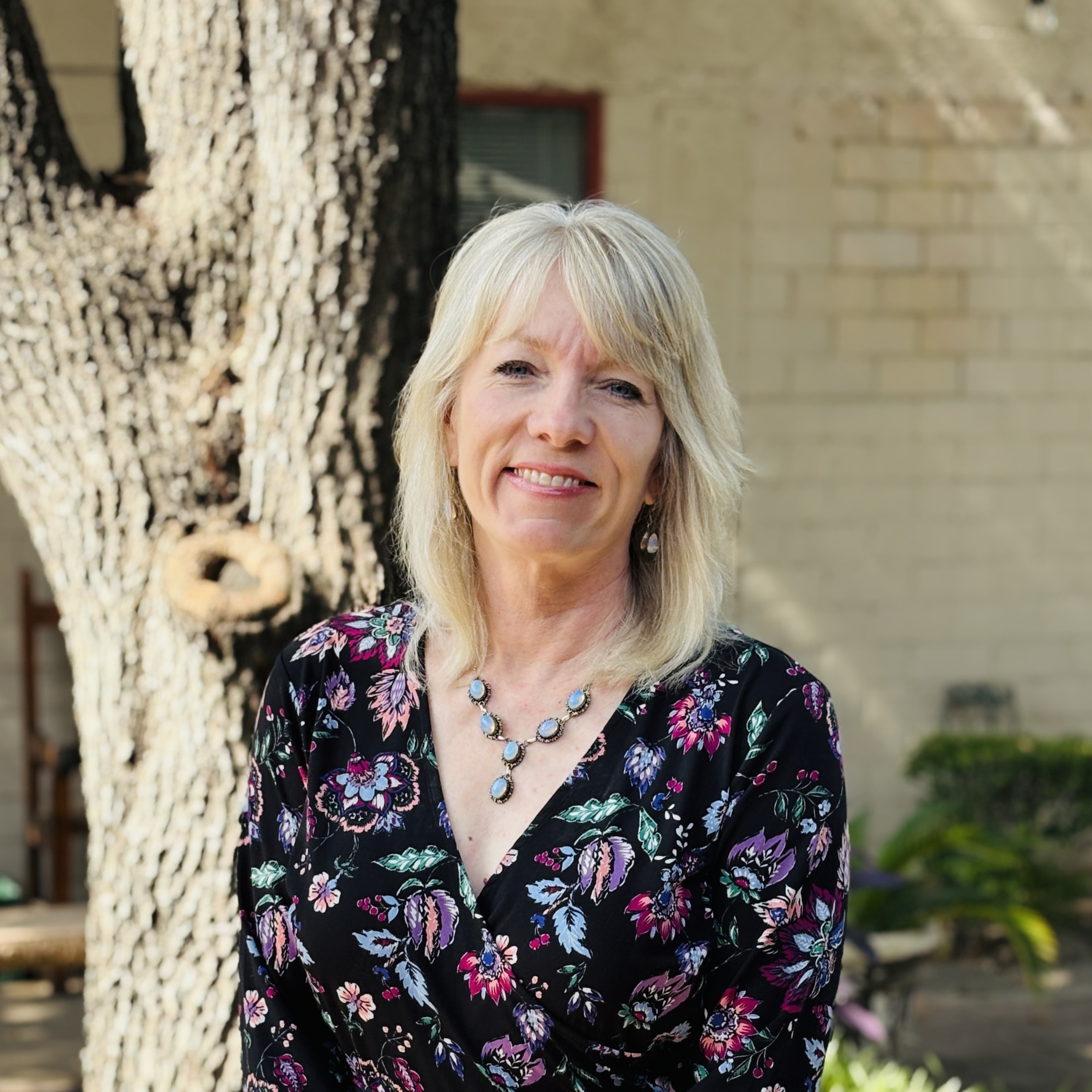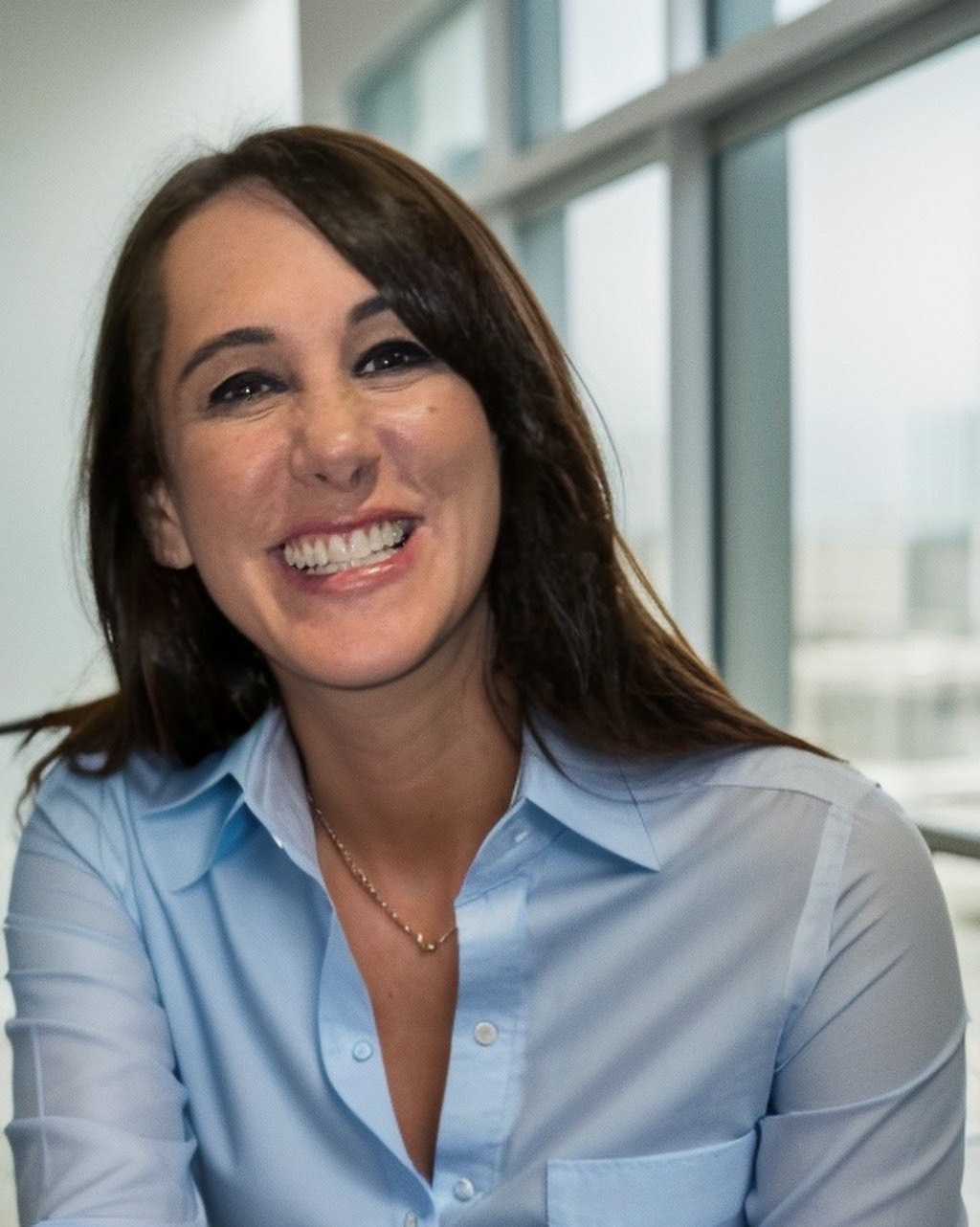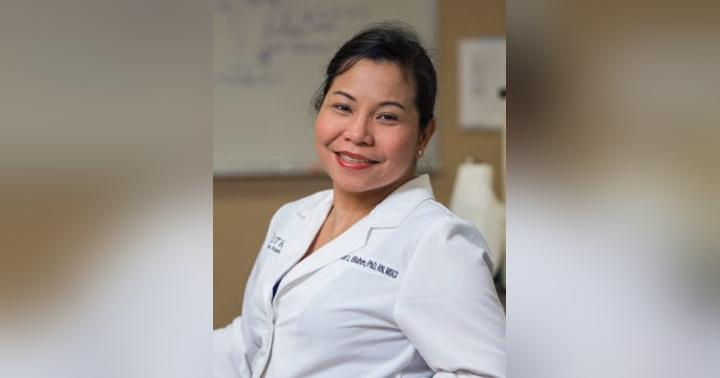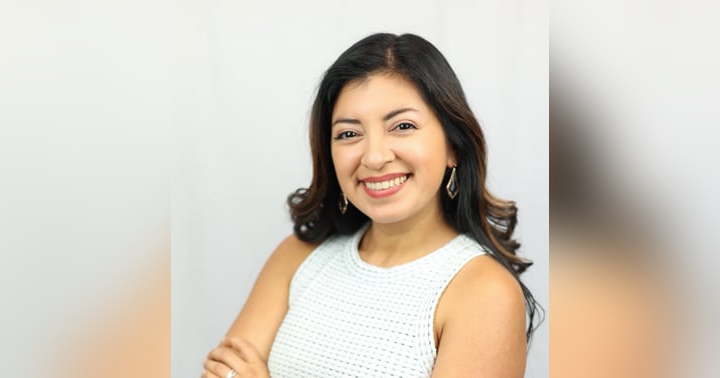Ageism: The Bias We Don’t Want to Admit We Have (But We Do)

Welcome back to the No Expiration Date conversation, where we believe midlife is not the end of the story — it’s the start of a bold new chapter.
In this episode, we sat down with Jill Piazzi, owner of Gray Matters and an expert in aging, caregiving, and dementia care. Jill is part of the Reframing Aging Initiative in San Antonio, a research-based movement that’s working to shift how society talks about aging and how we treat older adults. She’s been doing this work for 34+ years, and she came in HOT with truth, perspective, and solutions.
Let’s talk about ageism — what it is, why it starts so early, why women get hit with it harder, and what we can actually do about it.
First things first: what is ageism?
Ageism is how we think, feel, and act toward people based on age. That includes:
-
how we judge older adults (“She’s slowing down, she’s probably not tech-savvy…”)
-
how we judge younger adults (“They’re all on their phones and don’t want to work…”)
-
AND how we judge ourselves (“Do I look old in this? Should I dye my hair again? Am I ‘too old’ to be hired?”)
There’s even a name for the messages we turn on ourselves: internalized ageism. It’s the voice that says, “I don’t want to dress old,” or “I better cover my grays or people will think I’m done.” We joked about Botox and hair color — but we also had to sit in the moment of, wow, what are our daughters absorbing when they watch us fight aging like it’s a problem to fix?
Because here’s a gut punch from Jill: kids begin picking up age bias as early as THREE years old. They watch how we talk to older people. They watch how we talk about getting older. They’re listening when we say “Ugh, I look so old today.” That becomes their script.
So if we’re rolling our eyes at “old people” now... we're teaching our kids to roll their eyes at us later.
“You’re how old??” — The double standard for women
We all know this one.
Men “age into being distinguished.”
Women “let themselves go.”
Men with gray hair are wise and powerful.
Women with gray hair are told to “freshen up.”
We talked about how women are constantly pushed to fight aging: keep the hair young, keep the clothes young, keep the skin young. Meanwhile, men get to be “seasoned” and “experienced.” We get told we “still look good for our age.”
By the way — “you look good for your age” is not the compliment people think it is. What you’re actually saying is, “For someone your age (which I assume is unattractive), you’re surprisingly acceptable.” We’re allowed to ask, “What do you mean by that?”
We’re also allowed to tell people to stop saying “Wow, you look tired today,” when what they mean is “you look older than I want you to.” That comment is rude at 25 and it’s rude at 55.
Ageism at work: it’s real, and it hits women hard
Jill walked us through how ageism shows up professionally — especially for women in midlife and beyond.
Here’s what it looks like:
-
You’re paid less than male coworkers even when you do the same job — and yes, this is still happening.
-
You’re assumed to be “coasting until retirement.”
-
You’re quietly pushed out, or told your position is “being restructured.”
-
You’re skipped for training or development because “why invest if you might not be here as long.”
-
You apply somewhere new at 48, 52, 57… and the offer comes in lower than what a younger hire would get.
And on top of that? Women are still doing invisible labor at home, still caregiving, still holding families together. So you get gender bias AND age bias at the same time. Jill called this “gendered ageism.” And if you’re a woman of color, you’re not just fighting gender bias and age bias — you’re fighting racism, too. She called that “triple jeopardy.”
Here’s the wild part: studies show older workers are often more reliable, more consistent, and stronger at problem-solving and relationship-building. You want someone who will actually show up, communicate like an adult, and not ghost on a Monday? Hi. That’s us.
But here’s the catch: if we start believing we’re less valuable, we stop asking. We stop going for the promotion. We stop raising our rates. We stop saying “I deserve that pay.” Confidence is not just mindset work — it’s protection.
“Old people don’t have sex” and other tired stereotypes
Let’s run through some of the nasty little storylines floating around:
-
Older people are dependent.
-
Older people are fragile.
-
Older people are confused or “senile.”
-
Older people aren’t sexual.
-
Older people shouldn’t be in tech.
-
Older people can’t learn new things.
Jill straight up laughed at these.
Not all older adults are dependent — just like not all younger adults are independent. Aging is not one uniform experience. Some 82-year-olds are traveling and running their lives. Some 42-year-olds are struggling with chronic pain. Bodies are not copy-paste.
And that myth about older adults not being sexual? Please. Not only are people in senior living communities still hooking up, some facilities report higher rates of STIs because yes, people are still very active and very social. (We did not see that chapter coming.)
Also important: aging does not erase desire for closeness and touch. You still want to be seen and wanted at 70. That doesn’t stop.
“Over the hill,” black balloons, tombstone cakes:
Why do we make aging a joke?
Think about every “funny” 50th birthday pack at Party City: canes, walkers, “RIP your youth,” “you’re basically dead now” decorations.
We laughed about how we’ve all done it. We’ve literally made gravestone cakes for friends turning 50. We’ve handed out gag “senior” cards at work. We’ve joked “I’ll just be a Walmart greeter when I’m old.”
But here’s what Jill said that really landed: humor is often how people cope with fear.
We joke because we’re scared. Scared of losing independence. Scared of losing relevance. Scared of dying. Scared of being invisible.
But the problem is that when you repeat the joke enough times — “you’re old, you’re done, you’re slow, you’re expired” — people start to believe it. Especially women.
And from there? That shows up in mental health, in healthcare, in how seriously we’re treated.
Healthcare bias: “It’s just your age” is not a diagnosis
One of the biggest places ageism shows up is in healthcare.
Jill works with older adults and caregivers through her company Gray Matters, and she sees this all the time: an older patient brings up pain, memory changes, mobility changes — and the provider shrugs it off like, “Well, that’s aging.”
That’s not okay.
“Just get used to it” is not medical care.
Listening matters. Advocating matters. Having someone in the room with you matters. And if you’re not being heard, you are allowed to say, “No, I need you to actually evaluate this instead of blaming the number on my birth certificate.”
We deserve to be taken seriously at every age.
The isolation trap (and why connection literally keeps you alive)
Aging isn’t just physical. It’s social.
Something else Jill brought: staying engaged — mentally, emotionally, socially — is one of the biggest predictors of healthy aging. When older adults get isolated (and we saw a ton of that during COVID), decline speeds up. Mood drops. Memory slips. Confidence drops. Physical health suffers.
So when we talk about “aging well,” it’s not just “drink water and take your supplements.” It’s:
-
Keep learning new things.
-
Stay active.
-
Have community.
-
Be around people who actually see you.
Also: spending time with younger generations and sharing stories is not “annoying grandma behavior.” It’s culturally protective. It preserves history. It keeps you connected. And it shows younger people that aging is normal, and rich, and human — not tragic.
Let’s talk numbers (because the numbers are loud)
We closed the episode with some stats that honestly should make everyone pay attention:
-
1 in 2 people worldwide hold moderate or strong ageist attitudes. That’s the World Health Organization.
-
In the U.S., nearly 80% of adults aged 50 to 80 say they’ve experienced ageism in their daily lives. Just... everyday life.
-
60% of workers over age 45 say they’ve seen or experienced age discrimination at work.
-
Ageism is expensive: it’s estimated to cost the U.S. around $850 billion a year in lost productivity and added healthcare costs. Yes, billion.
-
And this one stopped us: exposure to ageist stereotypes can reduce your life expectancy by 7.5 years. Seven and a half. That’s from research summarized by Yale. Think about that. Constantly being told you’re “less than” can literally shorten your life.
Also, we’re not going anywhere. By 2050, the population of adults 60+ will double. The group 80+ will triple. Translation: aging isn’t a niche issue. It’s the future of our entire society.
So what do we actually do?
Here are some practical ways we can all push back:
-
Watch your language.
“You look good for your age.” “You’re still doing that?” “Okay, grandma.” These things land. Say what you mean without the dig. -
Stop auto-disqualifying yourself.
Stop assuming you’re “too old” to apply, change careers, start a business, go back to school, or lift heavy or run races or fall in love or wear red lipstick. You are not expired. -
Speak up at the doctor.
“No, I want you to actually evaluate this.” You are allowed to insist on being taken seriously. -
Stay visible.
Volunteer. Mentor. Be part of teams with all ages. Show up where decisions are being made. Midlife women hold empires together — act like it. -
Model what you want your kids to believe.
Little eyes are on us. If we talk about aging like it’s doom, they’ll treat older adults — and eventually us — like we’re disposable.
Aging is not “going downhill.” Aging is living.
If you’re 45, 52, 61, 74 — you’re not done. You’re in your era.
There is no expiration date on you, your voice, your work, your beauty, or your impact.
Stay loud. Stay seen. Stay in the room.
About our guest
Jill Piazzi is the owner of Gray Matters, an aging life care management and consulting practice supporting older adults and their families in the San Antonio area. She’s a certified care manager, a certified dementia practitioner, and part of the Reframing Aging Initiative with the San Antonio Area Foundation — an effort focused on changing how communities talk about aging and how we treat older adults with respect, dignity, and value.
If you’re in the San Antonio area and want to get involved with reframing age bias or need support navigating care for an aging parent or loved one, Jill welcomes outreach and can connect you with local resources.
Watch on YouTube: https://youtu.be/FUll1oIWwSc
👉 Available on Spotify, Apple Podcasts, Podbean, and YouTube.


